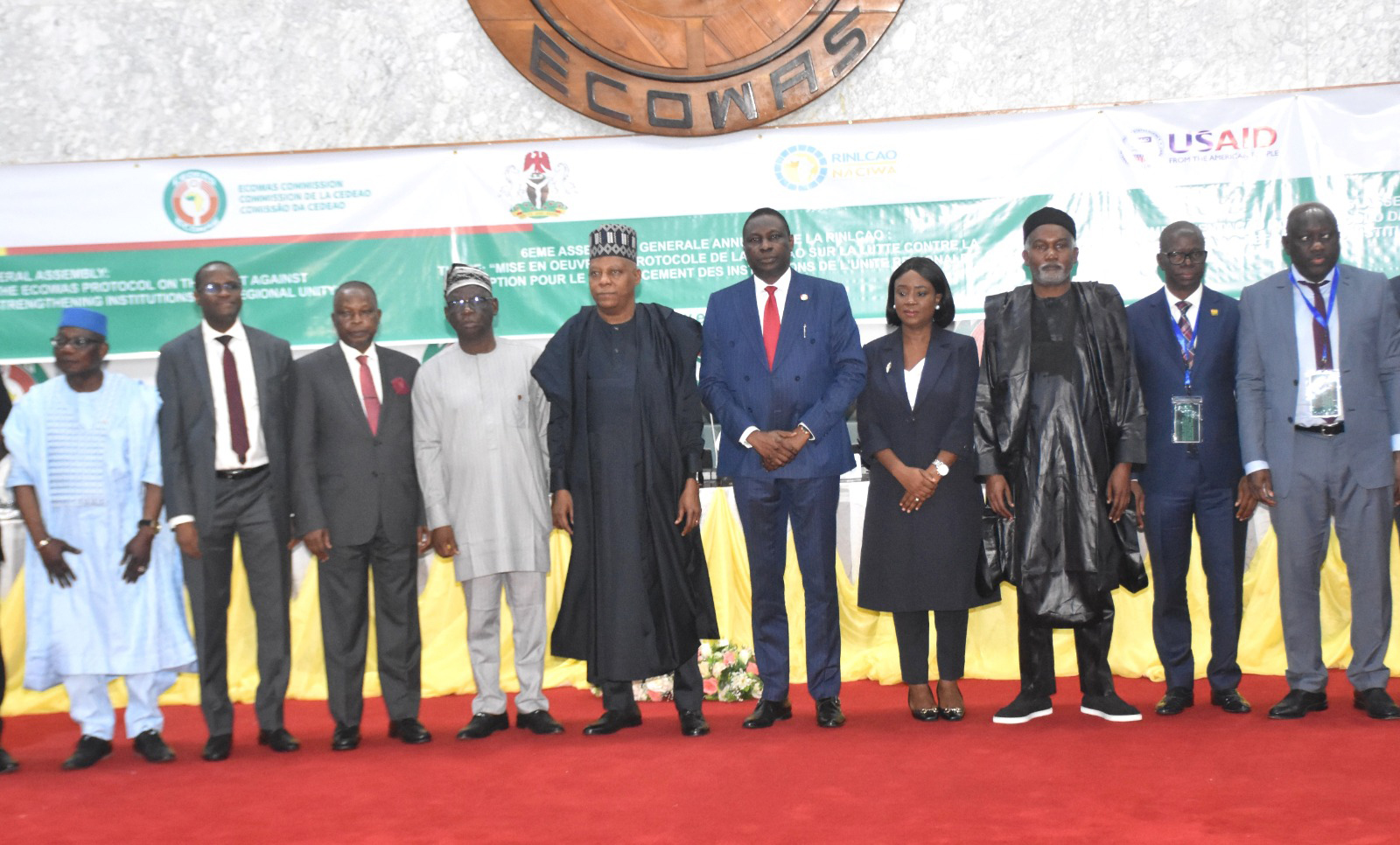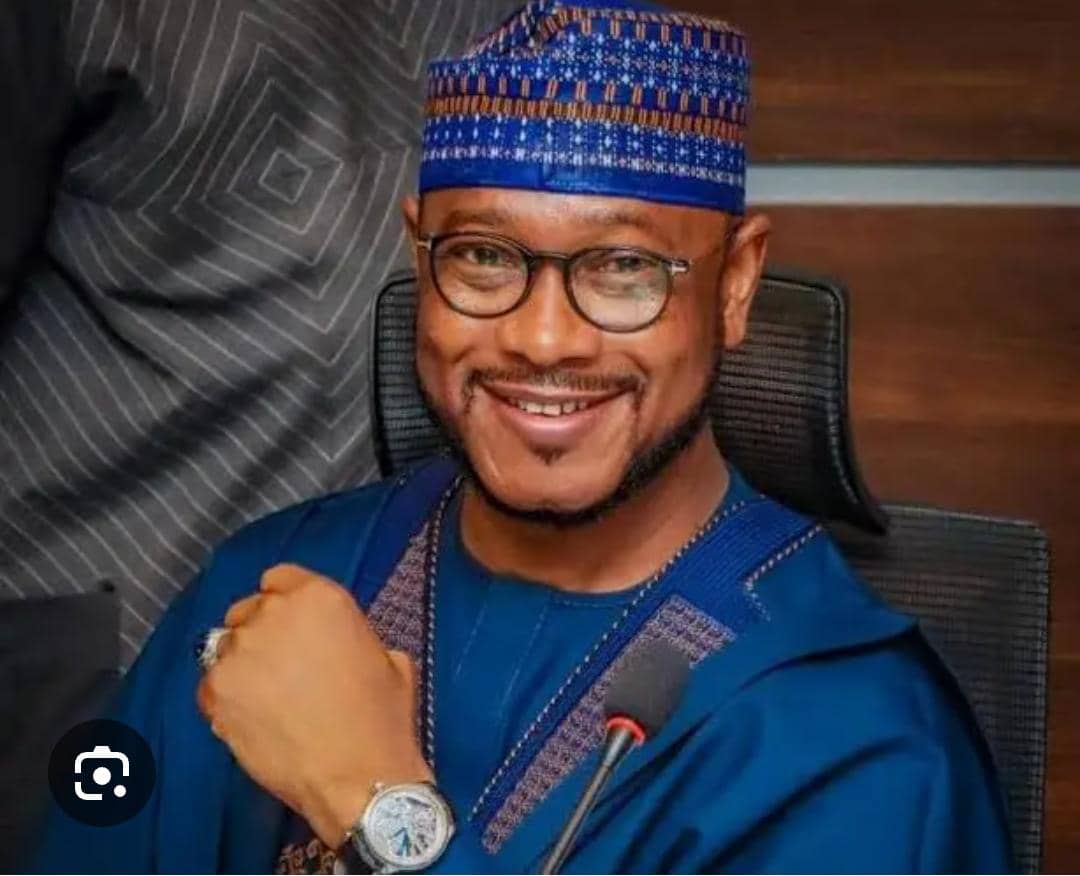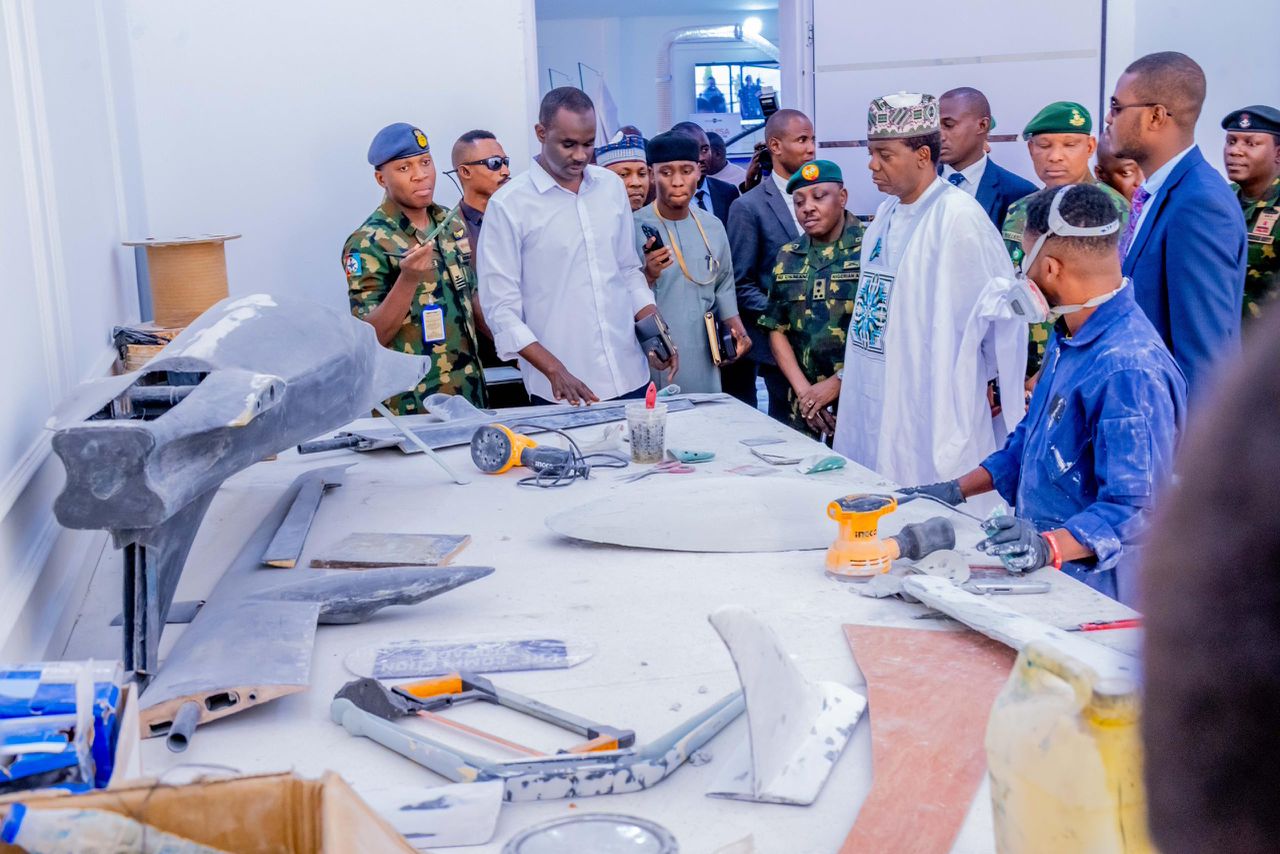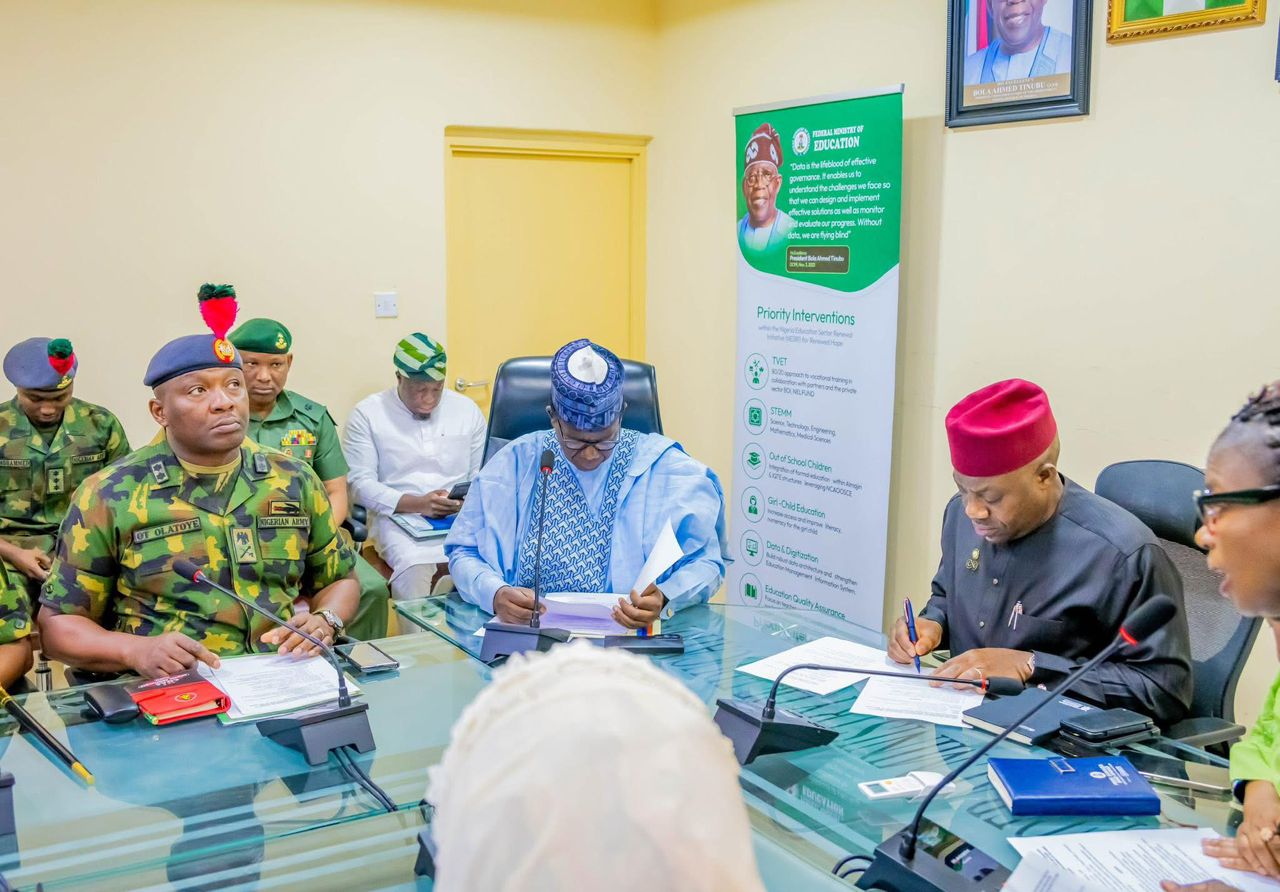President Bola Tinubu on Monday called on the Economic Community of West Africa States (ECOWAS) to ratify and fully implement the ECOWAS Protocol Against Corruption.
Tinubu, represented by the Vice-President Kashim Shettima, made the call at the 6th Annual General Assembly of the Network of National Anti-Corruption Institutions in West Africa (NACIWA) held at the ECOWAS Secretariat in Abuja,
He also implored ECOWAS member states to take action by implementing the anti-graft protocol.
The president maintained that the region’s future hinged on its capacity to build governance structures that are not just transparent, accountable, and efficient, but also serve the interests of the people.
Tinubu announced Nigeria’s donation of an office building for the permanent headquarters of NACIWA in the country.
He said, ” In recognition of NACIWA’s pivotal role in our regional anti-corruption efforts, I am proud to announce that the Nigerian government has donated a property to serve as NACIWA’s permanent headquarters.
“This gesture underscores our commitment to strengthening NACIWA’s institutional capacity and providing a solid operational foundation.
” As we deliberate on implementing the ECOWAS Protocol against Corruption, I urge all member states to renew their commitment to this cause.”
Tinubu emphasised the need for ECOWAS countries to move beyond rhetoric and focus on concrete actions targeted at harmonising their “legal frameworks to close loopholes exploited by corrupt individuals.”
He listed other tangible actions required to include enhancing cross-border cooperation in investigations and asset recovery, investing in innovative technologies to detect and prevent corrupt practices.
Tinubu also urged member countries to promote transparency in public procurement and resource management, and engage civil society and the media as partners in the region’s anti-corruption efforts.
” The task before us is enormous, but so significant is our collective resolve that by working together, sharing best practices, and leveraging our diverse strengths, we can create a formidable bulwark against corruption in West Africa.
“All member states must ratify and fully implement the ECOWAS Protocol against Corruption. Let us move from commitment to action, from intention to implementation.
” The future of our region depends on our ability to create transparent, accountable, and efficient governance structures that serve the interests of our people,” Tinubu added..
He highlighted the dangers of corruption, maintaining that it has remained “one of the most significant obstacles to the progress and prosperity of our nations.
“It (corruption) undermines the very fabric of our societies, erodes public trust, and impedes the equitable distribution of resources.
” As leaders, we are responsible for confronting this challenge head-on with unwavering resolve and concerted action,” he added.
Tinubu outlined steps he has taken to tackle corruption in Nigeria since he assumed office in 2023.
Tinubu, who is also the ECOWAS Chairman said he strengthened “all the anti-corruption agencies in Nigeria by not interfering in their activities and ensuring that they are adequately funded.
“I have also encouraged them to operate within the ambit of the law. This is a template which I recommended to other states within the region,” he further noted.
Tinubu reaffirmed Nigeria’s unwavering commitment to NACIWA’s success and the broader anti-corruption agenda within ECOWAS.
He assured that working together in synergy will enable member countries to “build more vital institutions, foster regional unity, and pave the way for a prosperous and corruption-free West Africa.”
Earlier, the Minister of Foreign Affairs, Amb.. Yusuf Tuggar, emphasised the urgent need for regional and global cooperation in the battle against corruption.
He described corruption as a cancer that threatens Africa’s stability and development.
Tuggar said, “Corruption is a cancer that has eaten deeply into the fabric of many African nations. It has been a persistent obstacle to development, undermining our institutions, eroding public trust, and exacerbating poverty.”
Also, the Attorney-General of the Federation and Minister of Justice, Lateef Fagbemi (SAN), emphasised the crucial role of collaborative efforts in the fight against corruption.
“The fight against corruption is not just a matter of institutional duty, but a crucial step towards securing a better future for our nations.
“We must work diligently to implement policies and strategies that effectively counter this menace,” Fagbemi said.
On his part, Mr Ola Olukoyede, the Chairman of the EFCC, in his address of welcome lauded Tinubu’s uncommon passion for transparency in governance, adding that this commitment had reinvigorated the anti-corruption efforts.
He, therefore, called for collaborative effort in fighting against corrupt practices in Nigeria and the entire West African region.
He said, “As the theme of the Assembly: “Implementing the ECOWAS Protocol against Corruption towards Strengthening Institutions for Regional Unity,” suggest, we are at a critical juncture in our collective fight against corruption in our sub-region.
“ There is no gainsaying that corruption continues to undermine our economies, security, erode public trust, and hinder the sustainable development of our nations.
” This requires some introspection and strategizing to forge ahead
According to him, the implementation of the ECOWAS Protocol Against Corruption is not a mere technical exercise; it is a moral imperative that demands utmost dedication and innovative thinking.
“Our presence here today underscores the importance of collaborative and coordinated efforts in fostering transparency, accountability, and good governance across West Africa.
“I am confident that through our collective expertise, shared experiences, and unwavering commitment, we can forge a path towards a more transparent and prosperous West Africa.”
Olukoyede urged the delegate to focus on some areas that would help in the fight against corruption in the sub-region.
According to him, efforts should be made on how to strengthen legal and institutional frameworks, enhancing cross-border cooperation in investigations and asset recovery and promoting public awareness.
“There is a need to leverage technology in the fight against corruption; and developing capacity-building programs for anti-corruption practitioners,” he said. (NAN) (www.nannews.ng)





